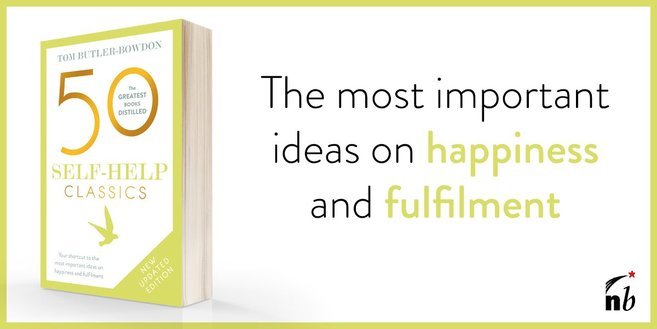|
The Power of Your Subconscious Mind
(1963) Joseph Murphy Dr Joseph Murphy spent a good part of his life studying Eastern religions, and was a scholar of the I-Ching, the Chinese book of divination whose origins are lost in history. He was also, for 28 years, Minister at the Los Angeles branch of the Church of Divine Science, a New Thought church which promotes a practical spirituality, free of the usual religious creed and dogma. It is a long way from the ancient East to 'LA', but Murphy felt that there were secrets he had found concerning the subconscious that were beyond time and culture, and that should find a wider audience. Murphy saw the subconscious mind as a darkroom within which we develop the images that are to be lived out in real life. While the conscious mind sees an event, takes a picture of it and remembers it, the subconscious mind works backwards, 'seeing' something before it happens (why intuition is infallible). The subconscious responds to habit and habitual thinking. Being totally neutral in a moral sense, it is happy to adopt any habit as 'normal' - good or bad. We blithely let negative thoughts drop into the subconscious every minute of our lives, then are surprised when they find expression in day to day experiences and relationships. While there are some things that will happen to us that we had no role in creating, these are in fact rare. Mostly, the bad that happens is in us already, waiting for the light of day. Understanding your subconscious mind as a photographic mechanism removes the emotion and struggle from changing your life, because if it is simply a matter of replacing existing mental images with new ones, you begin to see the ease with which you may change. 'The law of your mind is the law of belief itself,' Murphy says. What we believe makes us who we are. William James observed that whatever people expect to be true, will be so, irrespective of whether the object of their belief exists in fact. In the West we have made 'the truth' our highest value; this motivation, while important, is weak next to the actual power of belief in shaping our lives. Whatever you give your subconscious - false or true, good or evil - it will register as fact. Be careful not to joke about misfortune, as the subconscious has no sense of humour. 'If thou canst believe, all things are possible to him that believeth' (Mark 9:23). In all the old rituals of ancient times, with their weird mixtures and incantations, it was the power of suggestion and acceptance in the subconscious mind that healed. Even today, doctors report the power of placebos to produce miraculous recoveries if accompanied by doubt-free instructions that 'this will do the trick'. Miracles of healing, the author says, are simply the body's obeying of the subconscious mind's knowledge of 'perfect health' when the questioning nature of the normal conscious mind is silenced. The Power of Your Subconscious Mind is simply written and tries to be free of culture or religion. It is slightly repetitive, but this in itself mirrors the book's idea of subconscious programming. (For full effect, the author's advice that it be read at least twice should be taken.) It is also sometimes a bit whimsical and illogical - a bit like the subconscious itself, but Murphy's whole point, in fact, is that if you refuse to try to understand the non-rational mind, your rational desires and plans will be forever sabotaged. The first half of the book is the best, as it explains how the subconscious works. The second half deals with its role and power to transform in areas like marriage, human relations, scientific discovery, sleep, fear, forgiveness and 'eternal youth'. For some the book will be a bit 'way out', but many people say their life was not the same after reading it. |
Joseph Murphy Murphy refused requests for profiles and biographies, saying that his life was to be found in his books. He wrote over 30, including The Amazing Laws of Cosmic Mind, Secrets of the I-Ching, The Miracle of Mind Dynamics, Your Infinite Power to Be Rich and The Cosmic Power Within You. There is a newer edition of The Power of Your Subconscious Mind, revised and expanded by Ian McMahan. Murphy was influenced by Ernest Holmes and Emmet Fox, both well known writers on New Thought principles, but his academic background was in Eastern religion. He spent many years in India, and was an Andhra Research Fellow at the University of India. |
Source: 50 Self-Help Classics: Your shortcut to the most important ideas on happiness and fulfilment by Tom Butler-Bowdon (London & Boston: Nicholas Brealey)
